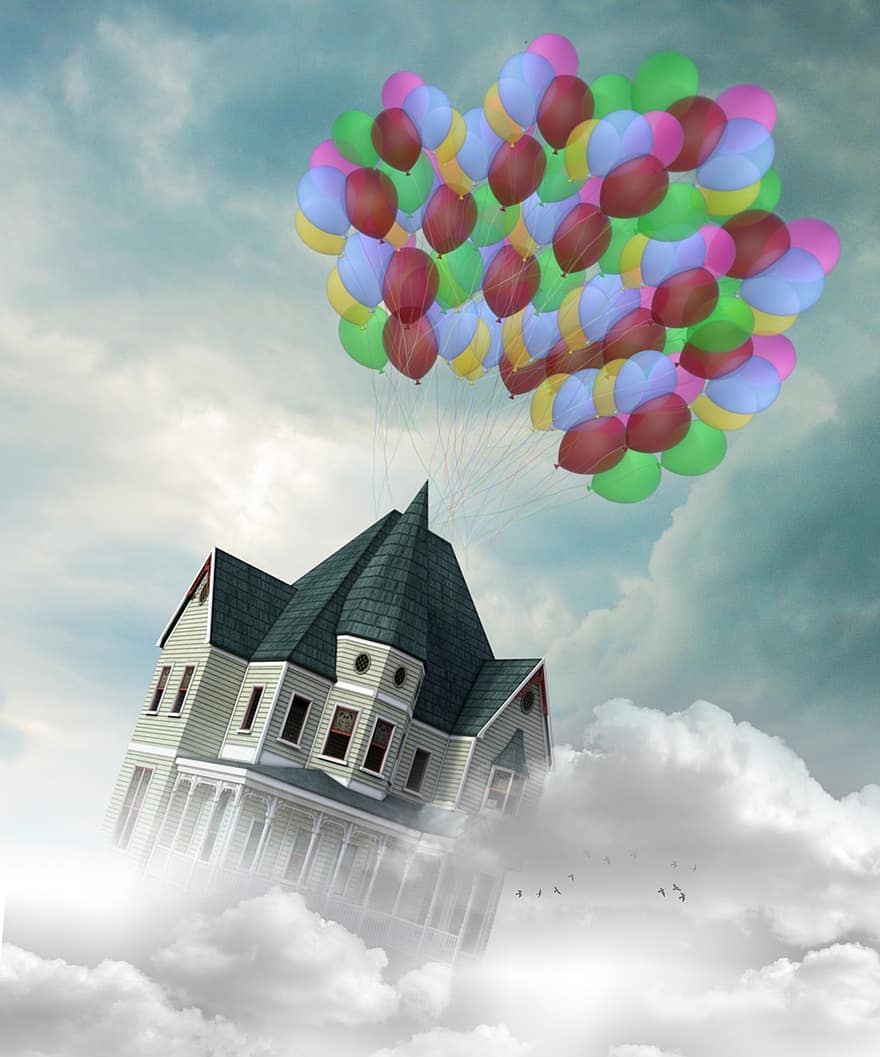By Keira Wright
University student Taylah Costa scanned the wooded horizon. She caught glimpse of a small shack in the distance, pointing it out to her brother.
They’d need to stake their claim quickly — social distancing rules meant it was a race for the best shelter. They began to run towards the cabin, keeping an ear out for anyone nearby.
“Taylah?” Her brother asked. He coughed loudly in her face and collapsed. She felt fear rise up in the back of her throat. He must be sick, and now she would be too.
He repeated her name as his voice merged with the two-toned screech of her alarm clock.
The noise dragged her from the disconcerting dream, back into the real world. She turned off the alarm she had set to wake her for her online class, reminding herself she was safe and healthy.
Costa has been plagued with strange dreams for months since Melbourne’s second lockdown, all with a common theme — coronavirus. During her nightly slumbers, family and friends had been diagnosed, strangers had coughed in her face and she had unwittingly infected other unsuspecting victims.
Turns out, she isn’t the only one that has been suffering from bizarre COVID-themed nightmares as of late.
Experts say that the pandemic is giving many of us unusual and vivid dreams due to rising stress and anxiety.
There is a range of “experimental evidence” supporting this theory, says Patrick McNamara, associate professor of neurology at Boston University School of Medicine specialising in dreams.
While we dream, we go through a process called ‘fear extinction’ which helps us to cope with stressors during our waking lives. Our brains come up with ways to represent and cope with our anxiety in our dreams, which are integrated into our long term memory over time.
This may account for why our dreams are seemingly becoming “more bizarre and more routinely nightmarish,” he says.
The connection between the content of our dreams and our waking mental health has been long known in the practice of psychology.
A 2017 study indicated that wellbeing is “tightly linked” to the affective content of our dreams, with dream experienced being long considered markers of mental health.
It also comes as no surprise that research has shown the content of our dreams are inexplicably linked to the waking life of the dreamer. One 2018 study indicated our dreams serve to neutralise the “emotional tone” of whatever is going on in our daily lives.
Costa says her COVID nightmares have become a nightly occurrence since lockdown measure were initially put in place. As the pandemic unfolded, the dreams became routinely more strange and unnerving.
“To begin with, I often dreamt of going to the supermarket in a mask, or doing my uni work online,” she says. However, as her anxiety about the pandemic grew, the content of her dreams became more unsettling and dramatic.
Associate Professor and researcher at Central Queensland University Olav Muurlink agreed the surge in strange dreams during the pandemic is related to spiking anxiety. However, he argues this is more likely a result of stress-caused disruptions to our sleep cycle.
“With COVID-19-related anxiety, people are likely sleeping less well, and thus able to remember their dreams better,” he said.
Whether our dreams are a product of or contributing factor to poor mental health during coronavirus lockdown, several measures have been put in place to provide emotional support to those who may need it.
For example, a new Community Services Campaign was launched by the Australian Psychological Society (APS) earlier this month in a response to this growing trend of pandemic anxiety.
The guide outlines some useful strategies to help cope with the ‘stress or anxiety experienced as a result of the coronavirus outbreak.’
APS President Ross Knight said the campaign hopes to support anyone who is experiencing COVID-related anxiety to seek mental health care and support.
If you need additional emotional support during the COVID-19 pandemic, reach out here.

